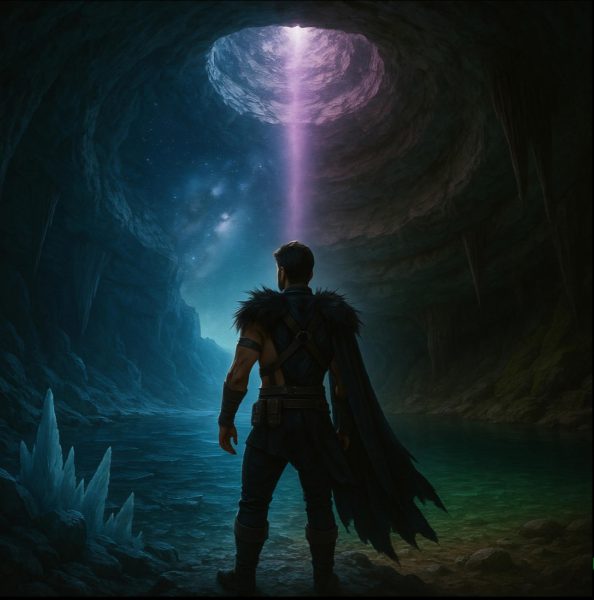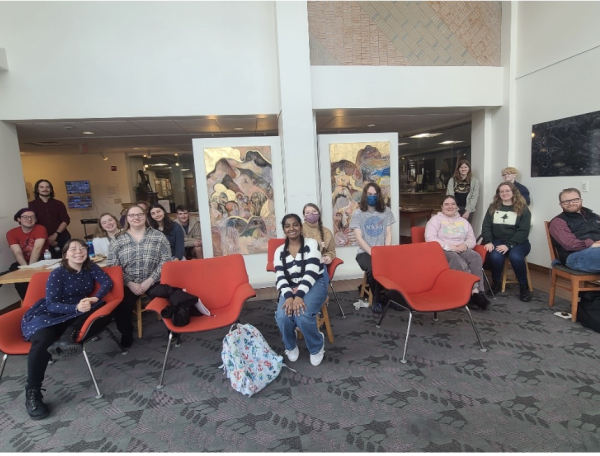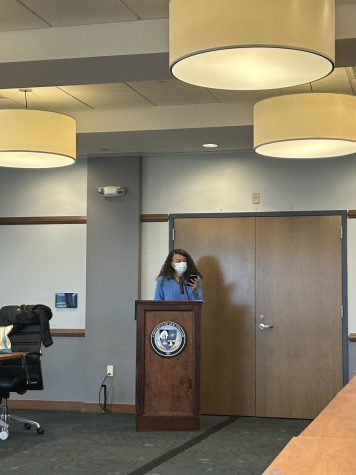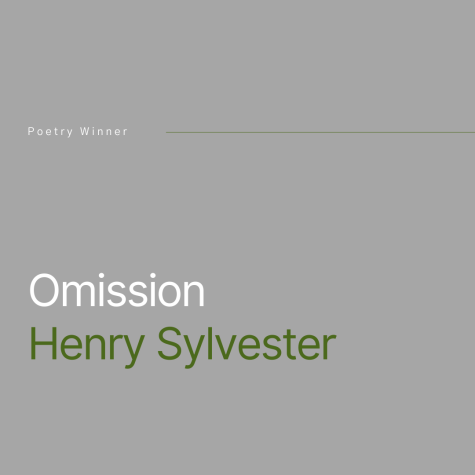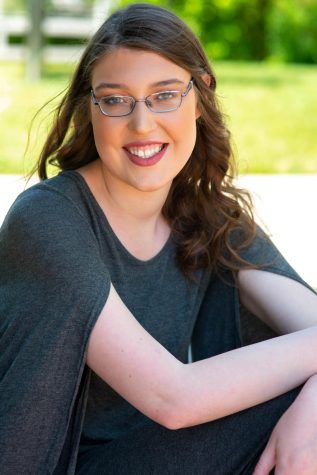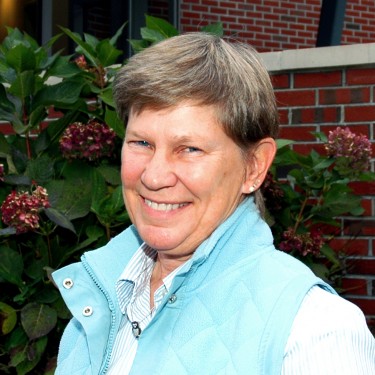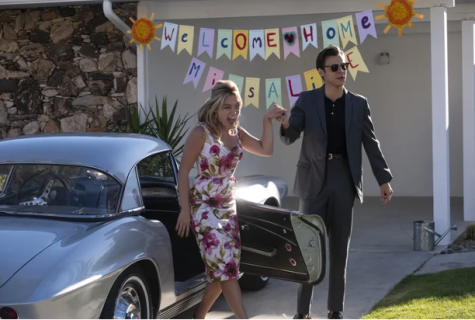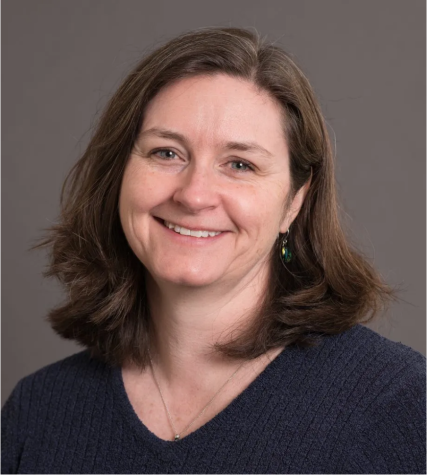UNE’s First Annual Spring Writing Contest
An event that cannot be written off, The Bolt and Creative Writing Club hosted their first annual Spring Writing Contest.
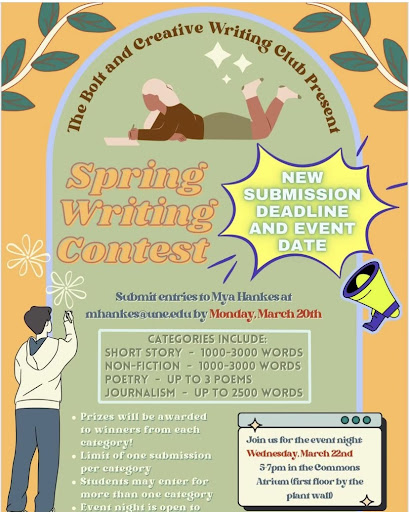
March 22nd from 5-7 pm The Bolt and Creative Writing Club gathered in the Commons Atrium to co-host the University of New England’s (UNE’s) first Spring Writing Contest. Submissions opened in late January, prompting all students to enter any previous or currently unpublished writing for a prize.
The categories for the contest were short-story, non-fiction, poetry, and journalism. This year, the only submissions entered were for poetry and short story. That said, the writing contest will be annual, and the non-fiction and journalism categories will remain options for future students.
The contest prompted a form of expression commonly unseen on campus, “I’m excited that we’ve all come together with a celebration of all forms of writing. I think it’s good that UNE has students building a place for creative writing and celebrating different forms of communication across the board. A lot of times, UNE is a very science and math-focused school. So, uplifting some of the humanities is really important, and this competition is a way to dig into that,” said Beanie Lowery, President of the Creative Writing Club.
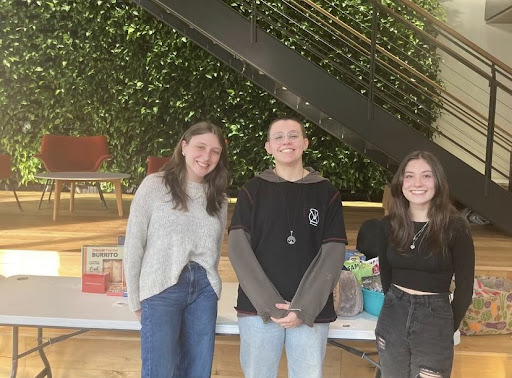
Similarly, Mya Hankes, Co-Editor-in-Chief of The Bolt, said: “As The Bolt, we’re one of the biggest writing influences on campus, along with the Creative Writing Club. We noticed that something like this hadn’t been done before and thought it was a great opportunity to give students voices on campus. It’s also a lot of fun to have a place where writers can come together and appreciate different students’ works.”
After some time had passed for introductions, there were three winners were announced for the poetry category:
1. Henry Sylvester won with a poem titled: “Omission.” *
- Link to Poem: https://unethebolt.com/4110/uncategorized/omission/
2. Daphne Wilkerson won with a poem titled: “Helix.” “I have four snails that I keep as pets; that inspired Helix. I originally wrote it Freshman year for an assignment in a poetry class, but when I saw that the contest had a poetry category, I went back and revisited it and then submitted it here,” they said.
- Link to Poem: https://unethebolt.com/4106/uncategorized/helix/
3. Jordyn Tullock won with a poem titled: “My Favorite Color Today.” “ I originally wrote my story in high school. I have a family member who struggles with substance use disorder. Something we went back and forth with was asking: ‘What’s your favorite color today?’ and they would tell me, ‘oh, it’s this color.’ The line ‘my favorite color today reminds me of them. My strongest writing is about emotions and trauma; it helps me process it,” they said.
- **The poem is propelled by a narrator who begins every few stanzas by stating a color as their favorite of the day. The color is different every time; however, some colors reappear throughout the piece. The author then begins to describe meaning to each color, with shades of red being the darkest, most painful feelings, and light colors such as white and yellow representing melancholic, bittersweet feelings. The poem propels through a series of intense emotions and colors, spiraling towards an ending that can only be described as wistful longing.
There was one winner in the short-story category:
1. Alex Kiehnau won with a story titled: “I Tried, I Failed.” “I was in Jesse Miller’s fiction writing class (WRT 212) last semester, and he gave us an exercise where he showed a picture of a gravestone with the epitaph ‘I tried, I failed.’ I always wanted to write a story about it; this event was a great opportunity to flesh it out. I want to publish in the future, and I’m currently working on a novella, so I’m a big writer. It’s a fun thing to do; in the midst of all my other work and amid writing, this was a nice escape,” she said.
- Link to Short-Story: https://unethebolt.com/4102/uncategorized/i-tried-i-failed/
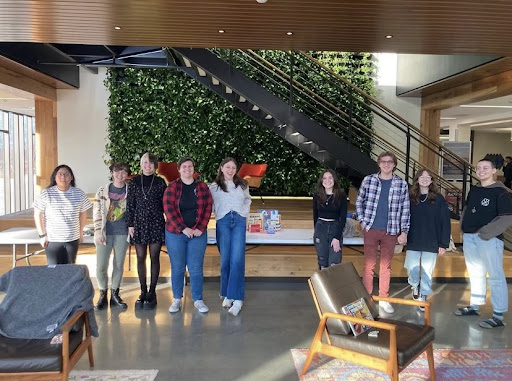
Surrounded by supportive writers, the winning authors were given time to read and celebrate their stories at the event, sharing personal and creative insights with like-minded people. With so much future potential, the Spring Writing Contest will continue to provide similar opportunities to students (and potentially faculty) for years to come.
*Unfortunately, not all winners were available for comments.
**This author has chosen to omit any publication of their piece.



